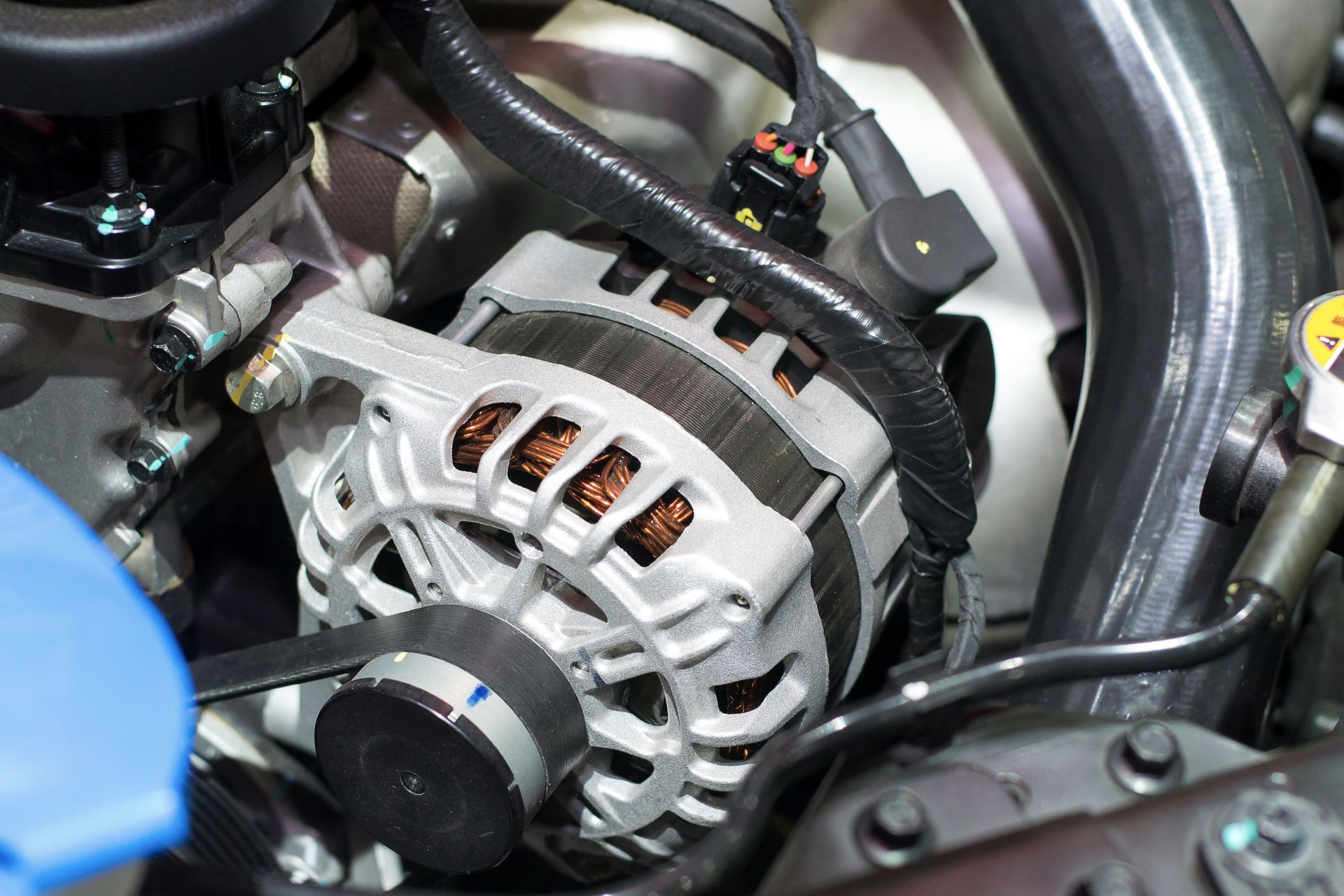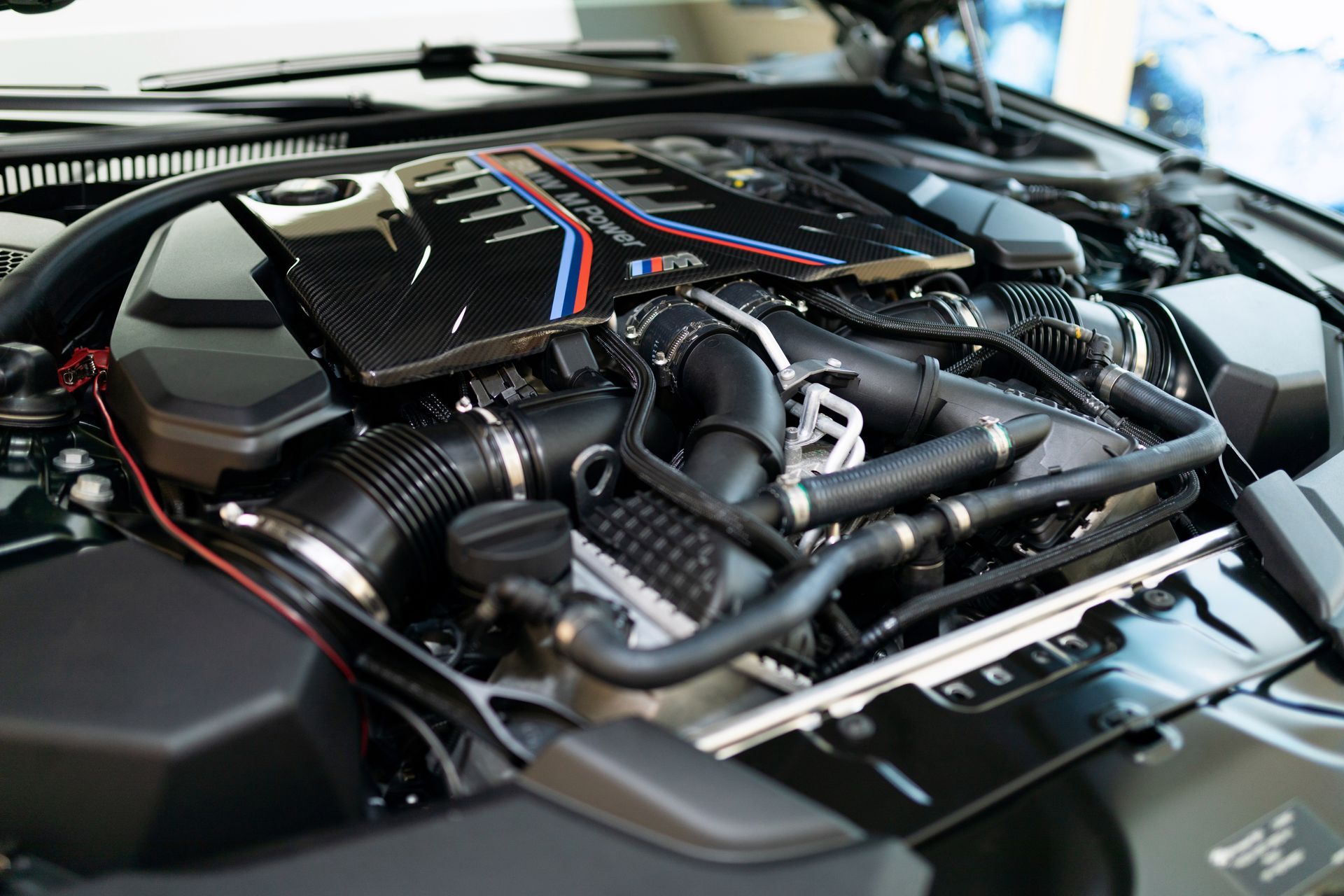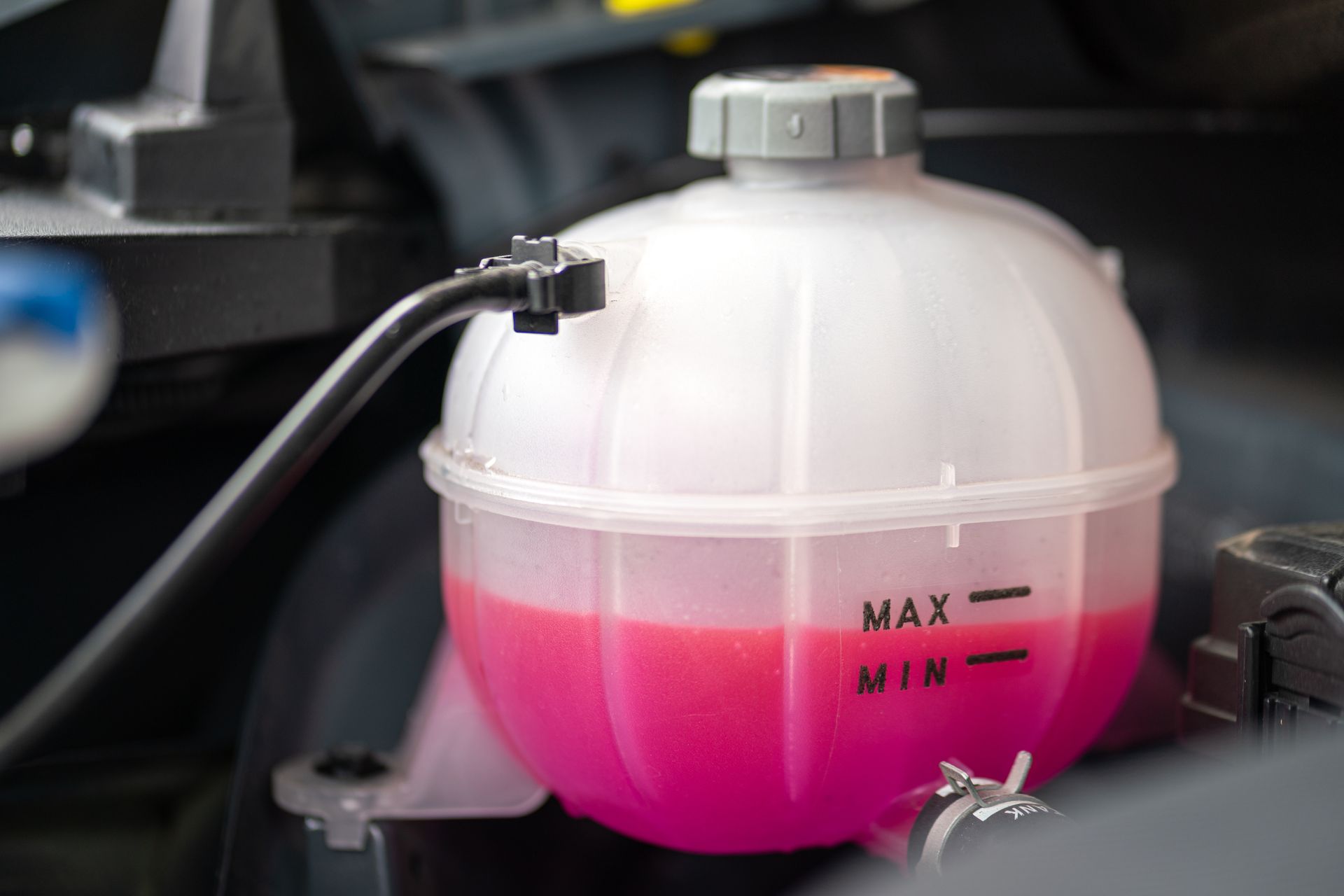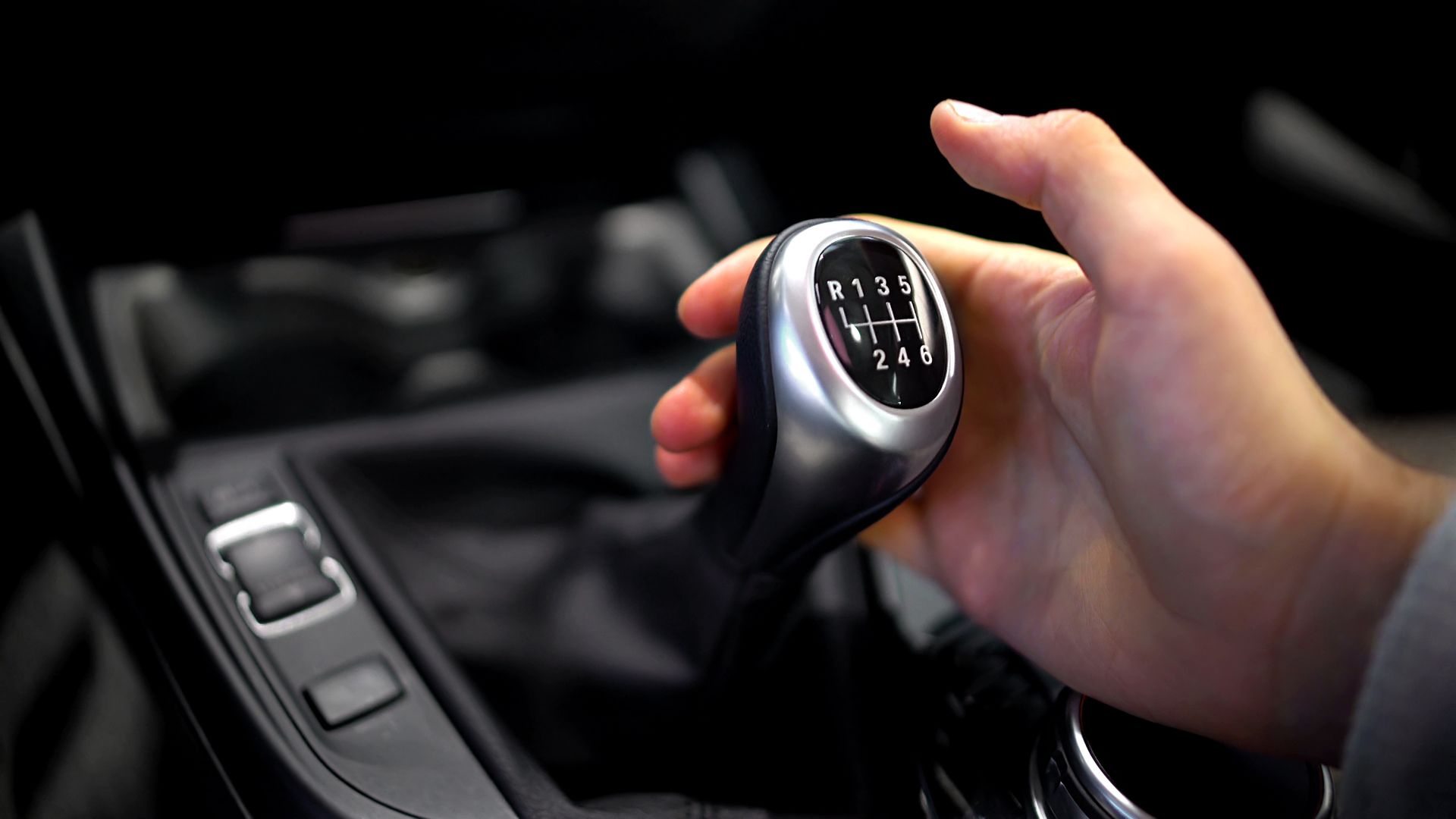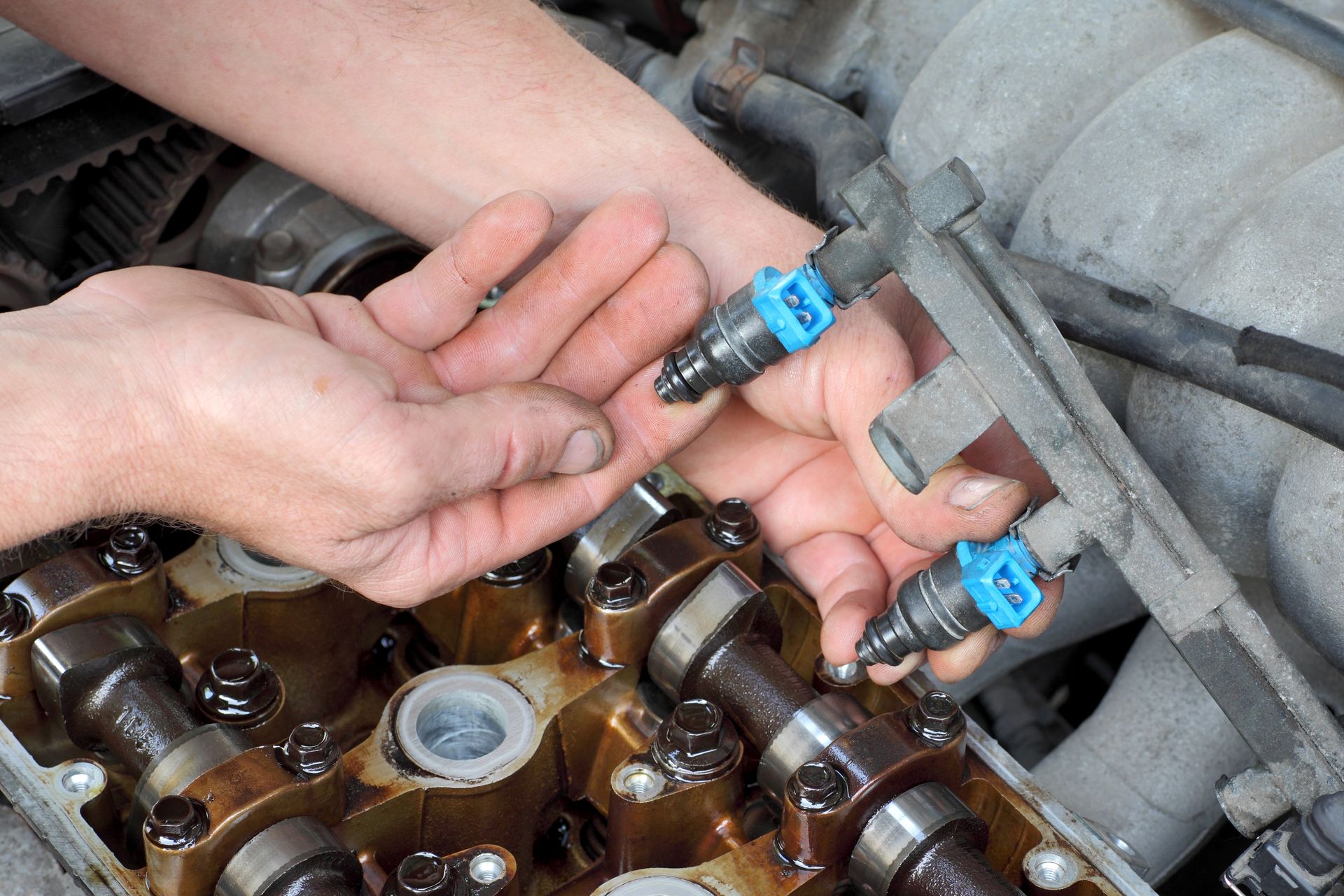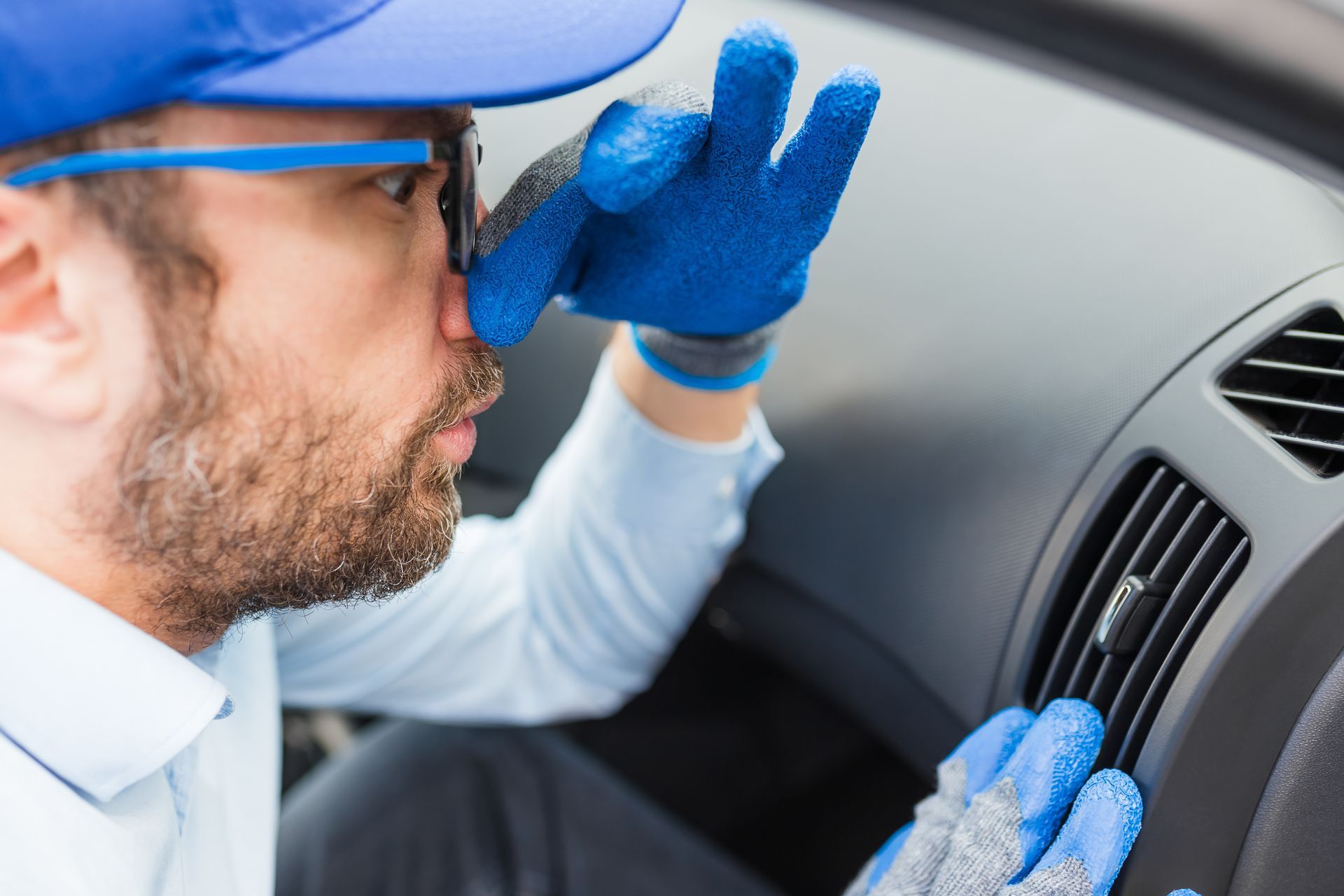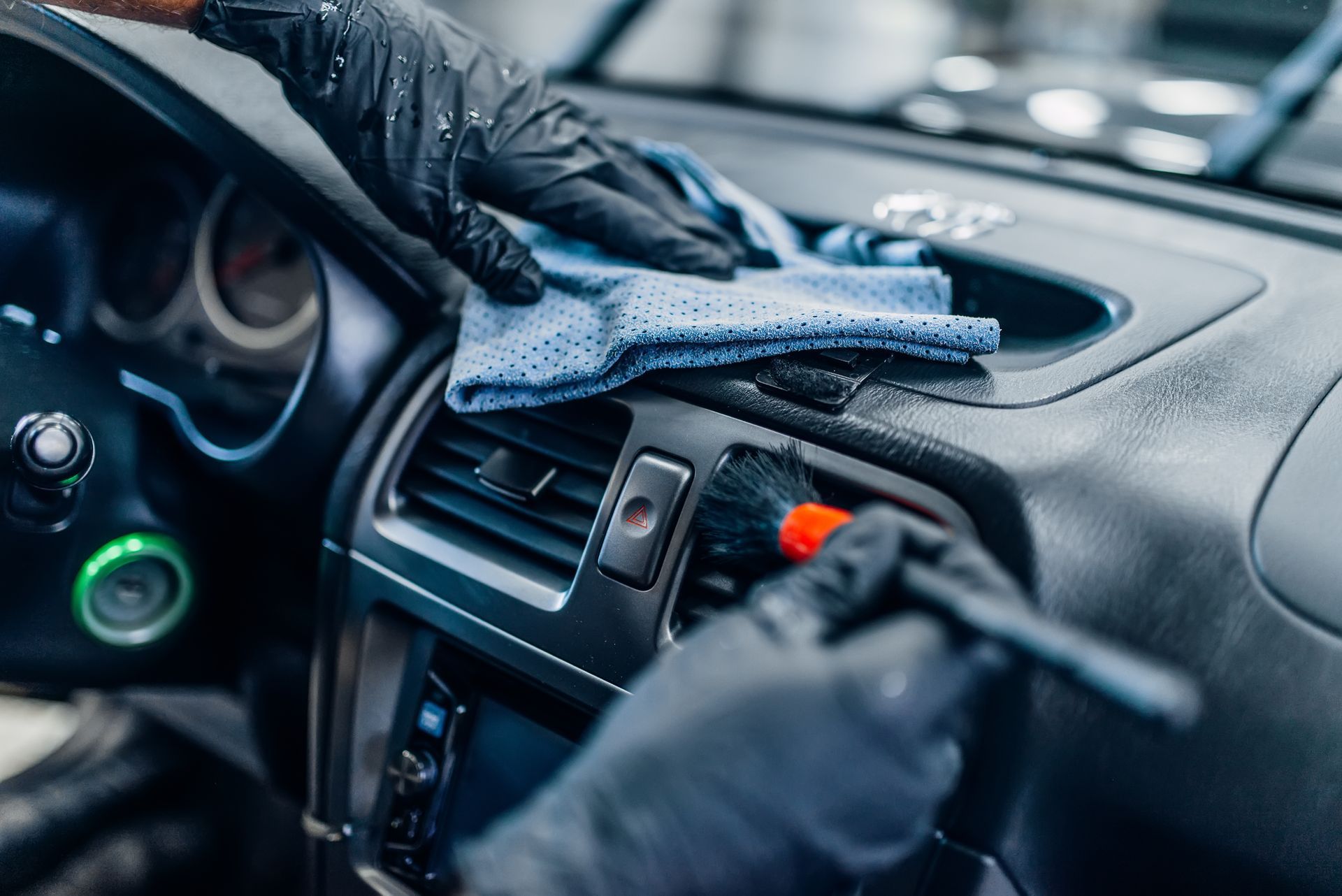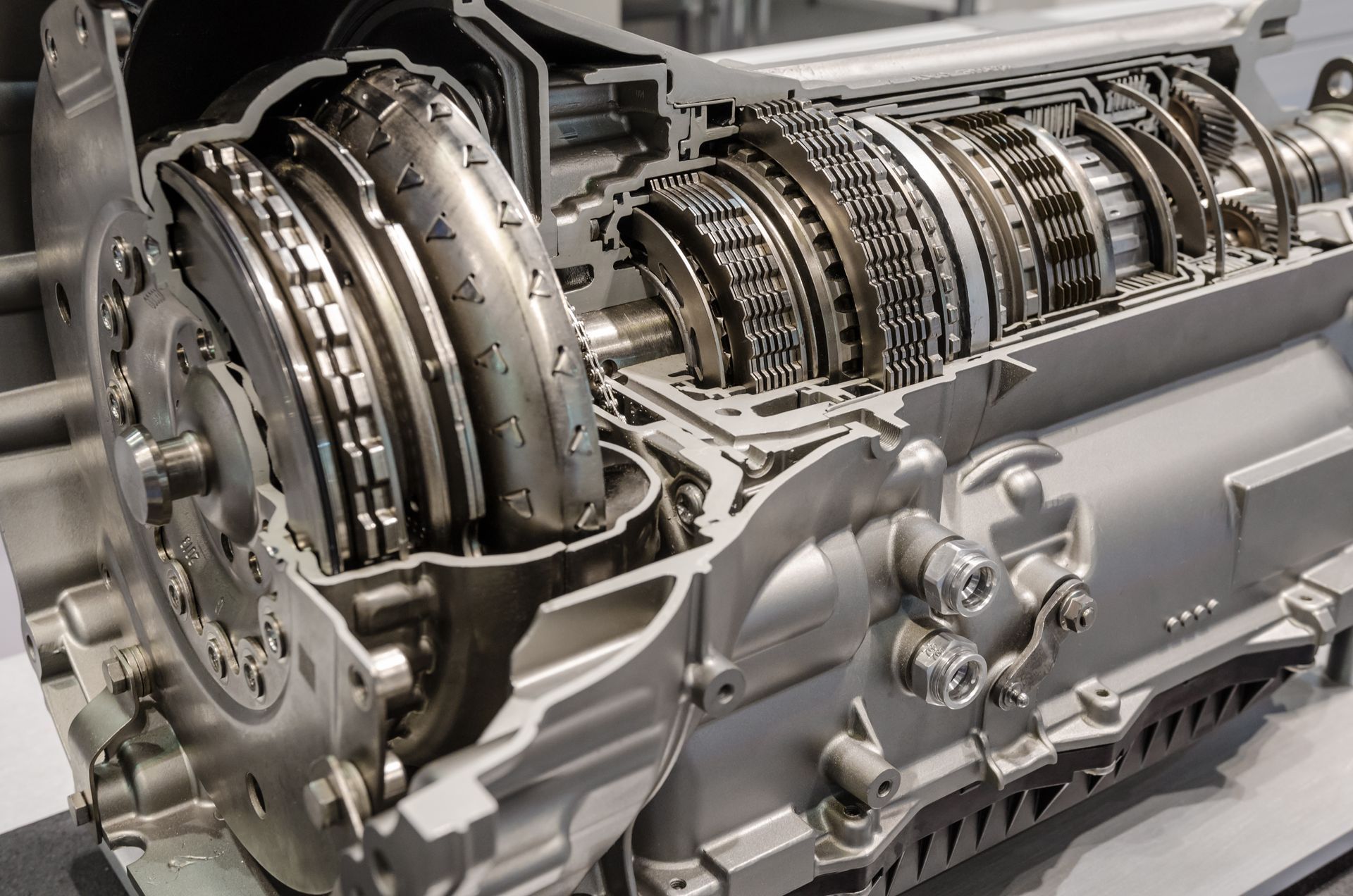If you’re sitting in traffic and notice that unmistakable exhaust smell creeping into your car, don’t shrug it off. Exhaust fumes are supposed to stay outside—not drift into the cabin. When they do, it means something in the system isn’t doing its job. It might not seem like an emergency at first, but breathing in those fumes poses a real health risk. So what’s causing it—and what should you do about it?
Exhaust Leaks Under the Hood
One of the most common causes of exhaust odor in the cabin is a leak in the exhaust system—usually up near the engine. When there's a break in the exhaust manifold, gasket, or flex pipe, fumes can escape before reaching the catalytic converter or muffler.
These leaks are especially noticeable at idle, when the engine is running but not moving much air around the car. With little airflow to carry the fumes away, they can seep through the firewall or vents and into the cabin. You might notice the smell more when stopped at a light or parked with the engine on.
Damaged or Loose Seals Around Doors or Vents
Even a perfectly functioning exhaust system won’t help if your car isn’t sealed properly. Worn-out weatherstripping, damaged grommets in the firewall, or loose cabin vents can let outside air—and exhaust from other cars or your own tailpipe—sneak inside.
If your cabin filter housing or HVAC intake has a poor seal, exhaust fumes can enter through the ventilation system, especially if the car is idling near a wall, building, or other vehicles. This is often mistaken for a mechanical issue when, in fact, it’s a sealing problem.
Cabin Air Filter Issues
The cabin air filter helps trap dust, debris, and pollutants before they enter the interior, but it can also play a small role in filtering out fumes. If your filter is overly dirty or damaged, it won’t do much to protect against outside odors—including exhaust.
In some vehicles, installing the wrong type of filter or failing to seat it properly can even create a gap that lets unfiltered air bypass the system entirely.
Replacing your cabin air filter regularly, and ensuring it's installed correctly, is a simple but important step in maintaining air quality inside your vehicle.
Tailpipe Fumes Getting Pulled Into the Cabin
Sometimes, the problem isn’t under the hood—it’s at the back of the car. If your exhaust system is leaking near the muffler or tailpipe, fumes can rise and get pulled into the cabin through the trunk area or rear vents, especially in SUVs and hatchbacks.
This often happens when windows are partially open or if the car has a rear-facing ventilation system that’s drawing air in from behind. You might also notice it more when idling in reverse or parked in a confined space.
Driving with the rear window down on certain vehicles can actually create a vacuum that draws exhaust into the cabin. If this only happens with a window down, that may be your clue.
Is It Dangerous
Yes, it can be. Exhaust contains carbon monoxide, a colorless, odorless gas that’s harmful—even deadly—in high concentrations. While your nose can detect other exhaust components (like unburnt fuel or sulfur), carbon monoxide itself gives no warning.
Even a small exhaust leak that seems harmless could allow fumes to enter the cabin over time, putting your health at risk. This is especially true for drivers who spend a lot of time idling in traffic or warming up their car in the driveway.
If you smell exhaust inside your car, it’s not something to ignore. The fix might be simple, but the risk isn’t worth waiting for.
Oneida Service Center – Exhaust System Inspections in Oneida, NY
Smelling exhaust in your car is never normal. At
Oneida Service Center in Oneida, NY, we’ll inspect your exhaust system, cabin seals, and air intake pathways to find the source of the fumes and stop them for good.

